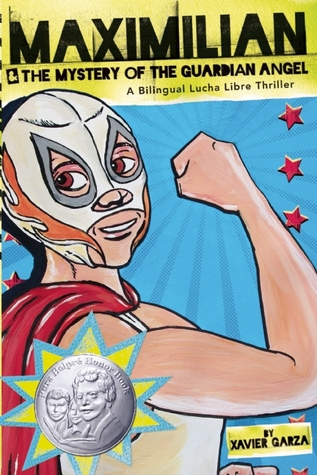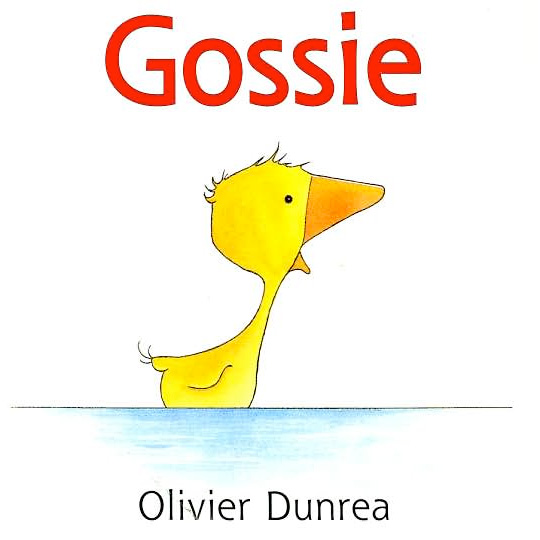Eduardo Bonilla-Silva, the author of Racism Without Racists: Colorblind Racism and the Persistence of Racial Inequality in the United States, will present The Sweet Enchantment of Post-racial Racism in America for the Illinois State University annual Bone Lecture at 7 p.m. Thursday, April 23, in the Old Main Room of the Bone Student Center. The event, sponsored by Illinois State’s Department of Sociology and Anthropology, is free and open to the public.
Bonilla-Silva is a professor of sociology at Duke University. In this talk, he will examine the contours of America’s racial landscape since the early 1970s. “Racism, viewed in structural terms, has remained a central organizational principle of American life albeit in changed form,” said Bonilla-Silva, who added that the nation has moved away from traditional segregation and discrimination, but a “new racism” has taken its place. “This new racial system relies on subtle, seemingly non-racial practices to reproduce white privilege.” He will provide examples of these practices.
He argues along with the “new racism” structure, a new racial discourse has emerged to organize racial transactions and discussions – the ideology of “color-blind racism.” Bonilla-Silva will examine the component parts of this new ideology in detail. At the end of his talk, he will suggest various strategies to fight discrimination in this new racial order.
Bonilla-Silva received his bachelor’s degree in sociology and economics from the University of Puerto Rico – Río Piedras campus in 1984. He received his master’s degree in 1987 and his Ph.D. in 1993 from the University of Wisconsin-Madison.
He worked at the University of Michigan and Texas A&M University, and is currently chair of the Department of Sociology at Duke University. He is also affiliated with African and African American Studies, Latin American Studies, Latino Studies and the Institute for Critical U.S. Studies.
Professor Bonilla-Silva gained visibility in the social sciences with his 1997 American Sociological Review article, Rethinking Racism: Toward a Structural Interpretation, where he challenged social analysts to analyze racial matters from a structural perspective rather than from the sterile prejudice perspective.
His research has appeared in journals such as Sociological Inquiry, Racial and Ethnic Studies, Race and Society, Discourse and Society, American Sociological Review, Journal of Latin American Studies, Contemporary Sociology, Critical Sociology, Research in Politics and Society, The Annals of the American Academy of Political and Social Science, and Political Power and Social Theory, among others.
To date, he has published five books, White Supremacy and Racism in the Post-Civil Rights Era, a co-winner of the 2002 Oliver Cox Award given by the American Sociological Association; Racism Without Racists: Color-Blind Racism and the Persistence of Racial Inequality in the United States, a winner of the 2004 Choice Award; White Out: The Continuing Significance of Racism with Ashley Doane; White Logic, White Methods: Racism and Social Science with Tukufu Zuberi, which also was the co-winner of the 2009 Oliver Cox Award; and State of White Supremacy: Racism, Governance, and the United States with Moon Kie Jung and João H. Costa Vargas.
Bonilla-Silva has received many awards, most notably, the 2007 Lewis Coser Award given by the Theory Section of the American Sociological Association for Theoretical-Agenda Setting and in 2011, the Cox-Johnson-Frazier Award given by the American Sociological Association “to an individual or individuals for their work in the intellectual traditions of the work of these three African American scholars.”
The Robert G. Bone Distinguished Lecture Series was established by the late Illinois State University President Robert G. Bone (1956-1967). The annual lecture, shared by the Departments of History, Politics and Government, and Sociology and Anthropology, is designed to bring to campus distinguished scholars to deliver a public lecture and meet with the faculty and students.






























